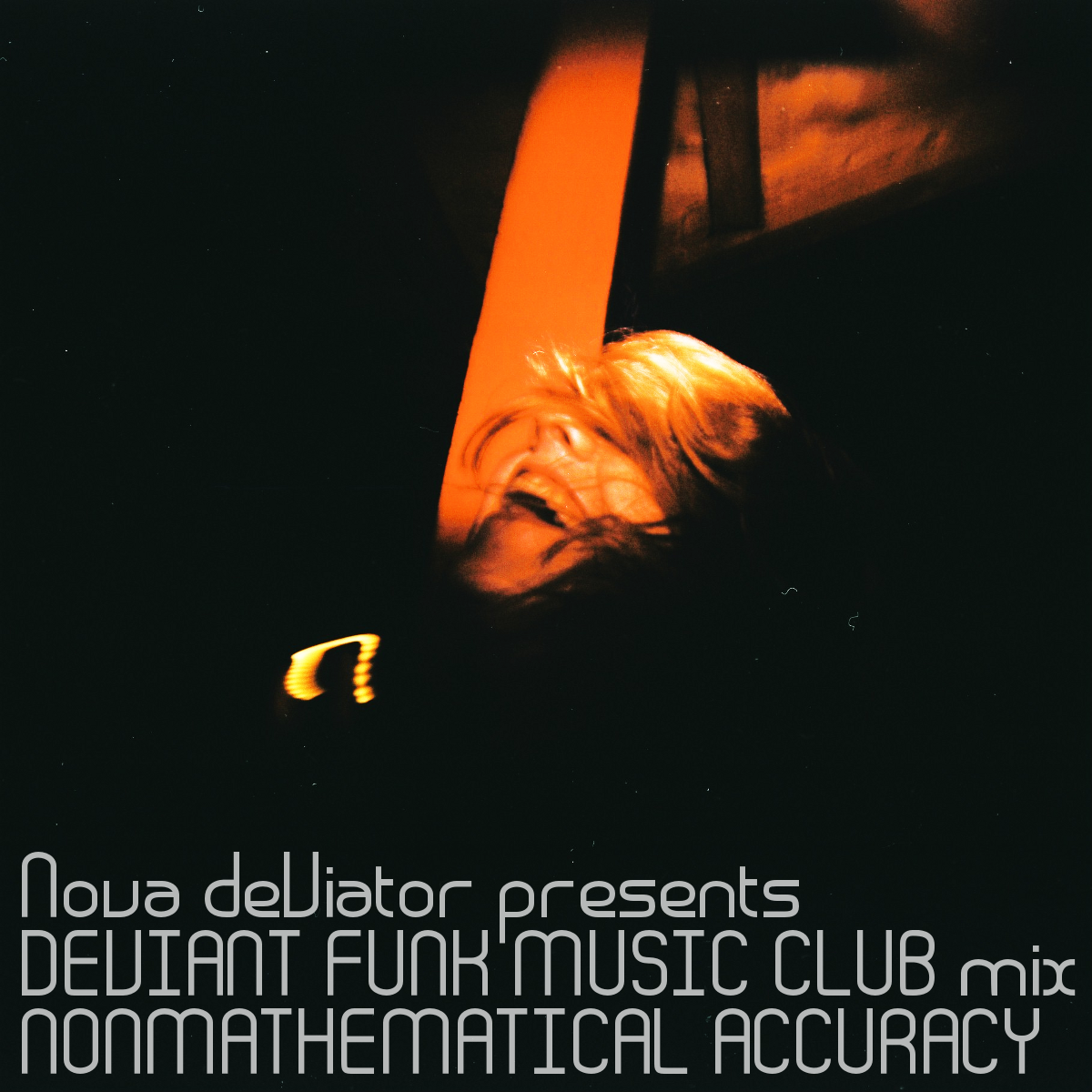A rerun of »What if« at MuCEM, Marseille-Provence 2013 (European Cultural Capital) was one of those quickies where you land, go to the hotel, sleep, go to the theatre, work like crazy till the show, do the show, pack equipment, maybe have a drink, return to the hotel, sleep, and leave for the airport next morning. You don’t see the city. You don’t meet the locals. At. All.
Well this is actually a bit of an impartial truth. Because on a good note – we had delicious (supposedly ‘authentic’ Marseille-an) food after the show. We’ve seen (a part of) amazing MuCEM – Museum of European and Mediterranean Civilisations. On the day of arrival we strolled down some streets and found lovely little CousCous on a lively, rough street. Breakfast at the hotel had fresh grapefruit.
But then again: the show was in a venue not made for theatre-based performances – it was a technological nightmare. So we worked from 8am till the show, which was at 6:30pm, to setup everything. And we played for 20 people. That’s a shame considering that Maja learned all texts and did the whole thing in french!


 Non-Mathematical Accuracy cover
Non-Mathematical Accuracy cover



